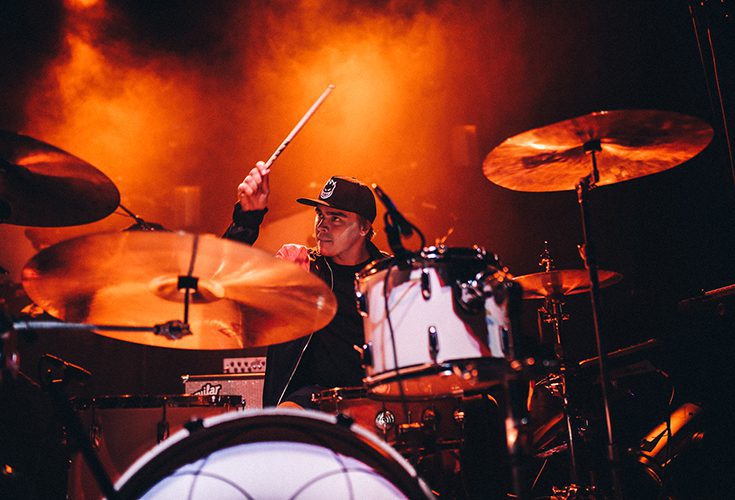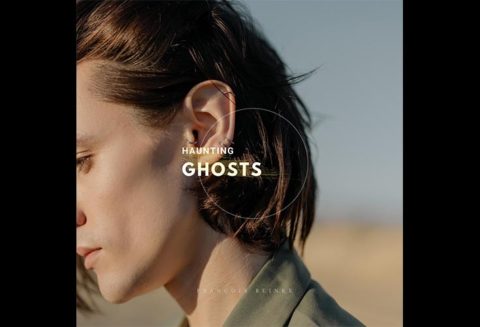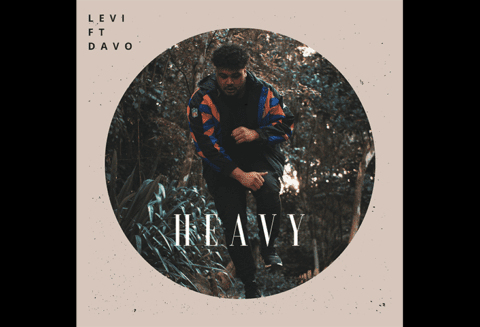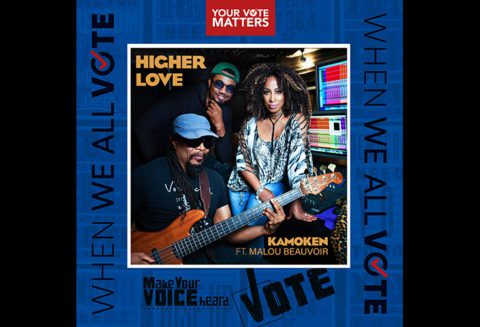
Your band’s first tour: it’s both an exciting and daunting adventure.
Whether it’s just a few shows on a regional run or a full-fledged national tour supporting a bigger band, heeding these words of advice can make your band’s first tour a breeze and not a complete and total nightmare.
1) Arrive Early
For headlining bands especially, it’s imperative to arrive at the venue early. The production crew at clubs are very appreciative of punctual artists, as it’s less stress on them to make sure the show happens.
Putting three bands on one bill is often a challenging endeavor, and arriving early or on time gives the crew more time to dial in your production before dealing with the opening acts.
Arriving on time allows ample time for soundchecks and general relaxation before the gig. In my opinion, the soundcheck can affect the mood on stage for a given show.
2) Have Quick, but Effective Soundchecks
Headlining acts are notorious for lengthy soundchecks. As a new band, you may have to deal with only getting fifteen minutes (or less in some cases) to set up your gear and check.
If you find your band in this situation as an opening act on tour, relax. Getting frustrated over soundcheck duration will only harm your show, lessening the number of potential fans to meet at the merchandise table later in the night.
It’s your job to develop a system for efficient and effective soundchecks. Make a list (either write it down or imagine it) of all the gear that is completely necessary to check.
Things that come to mind are backing tracks, keyboard lines, and the lead vocal microphone.
There will be nights when you’ll have to go up without a soundcheck, and the front of house engineer will have to mix your band during the first song of your set.
3) Share Gear With the Headliner
While not all bands will be cool with sharing gear, I have found it to be widespread for bands playing small clubs.
There is no space on these small stages. With amps, drums, keyboards, and other gear reserved for the next two acts already set up, you’ll be forced to play at the front of the stage in a line.
If your band agrees to share gear before the tour beginning, you’ll have more room on stage and less to set up before soundcheck.
Before the tour, reach out all the bands involved. In a friendly and polite manner, ask if they would be open to sharing gear. Remind them that this will help the tour go smoothly and that your band would be happy to make accommodations.
Drums are the most commonly shared instrument with bands touring in small clubs, with bass guitar cabinets coming in at a close second.
I know it may feel strange to play someone else’s gear because you have “your setup,” it does make the jobs of both the other bands and the venue personal much easier.
Which would you instead do? Set up one drum kit with microphones or three while having to avoid stepping on cables, snakes, and other expensive gear. I know I would pick the latter.
4) Bring backups of as much gear as possible
I learned a crucial lesson one night on tour while supporting the band Dashboard Confessional. During the middle of our set, a bolt on my kick drum pedal broke, rendering the pedal useless.
After the song finished, I ran offstage to attempt to fix the pedal. Ben Homola, who had been playing with Dashboard at the time, lent me his spare pedal to finish up the set. I can’t thank him enough for saving me in that situation.
Since that show, I’ve always kept a spare kick drum pedal somewhere within arms reach of my drums.
No matter what type of gear it is, it’s bound to fail at some point. I think it’s essential to keep a backup of all your essential gear: things like drum heads, sticks, guitar strings, instrument cables, batteries, in-ear monitors, etc.
There won’t always be a music store near the venue, so pack accordingly for each tour.
Also, this doesn’t just apply to music gear, either. It’s wise to keep a spare tire if you bring a trailer. You will have a flat while you’re flying down the highway at some point.
5) Label your gear
As you tour the country, you’ll be in and out of clubs who will be using similar gear to your own. Labeling your equipment helps everyone around you know who’s is who’s.
There will be no question at the end of the night if that XLR cable sitting on the stage is yours or if the venue owns it.
Grab some gaffer tape along with a metallic sharpie and label your gear. I wouldn’t mark individual instruments like guitars or drums, but at least hit the cases and stands.
6) Do not leave expensive equipment in your van or bus
While a bus is arguably more secure than a fifteen-passenger van, I still always bring my laptop and tablet into the venue I’m playing.
Many bands playing in big cities sometimes fall victim to thieves. It’s a sad tale to hear when it happens. I remember hearing the story of a band we were touring with who lost two MacBook laptops and a hard drive containing many of their newest recorded ideas.
Often when you are touring in a fifteen-passenger van and trailer, the venue will not allot a parking space in front of the club. It will be your responsibility to find adequate parking for your vehicle.
It’s wise never to assume that where you park will be secure. Always bring in your valuables to the club and store them in the green room, if there is one.
7) Prepare for poor experiences
During your first tour, and many to come after, you’re going to have some lousy experiences.
Riding in a small box for hours at a time isn’t the most enjoyable experience. Be sure to take frequent breaks, if time allows, to get up and walk around at rest stops.
If your band has the luxury of booking hotels, they won’t always be up to snuff. I remember one staying in a cheap motel in a remote part of the US.
The room didn’t have hot water, and the bathroom floor was flooded with an inch of water. It was 3AM, and none of us desired to complain to the front desk. We only had a few hours to sleep.
Each club your band plays at will also be different. Some will be unimaginable, and others will be disastrous. Broken wedge monitors are among the most frequent of issues I’ve seen while playing clubs. Having no green room to dress for the show is another.
Less than ideal circumstances will find their way into your first tour.
Conclusion
Your band’s first tour will likely be a tremendous learning experience. It probably won’t be smooth sailing until you get into the swing of things.
Do your best to be courteous to those on tour. You’ll be seeing them every day for the next month or two. Making a good impression can often lead to help when the going gets tough.
The first tour is somewhat like an internship for a job: the pay will suck, but you’ll be getting real-world experience first-hand from bands who tour consistently.




